
‘Knowledge is power.’ This adage holds true in our digital age, where the power of personal information is both a boon and a vulnerability. In a world where data breaches have become all too common, it is essential to be prepared and informed about the steps to take when your personal information is compromised.
This article aims to provide you with a comprehensive guide on how to navigate the aftermath of a data breach, empowering you to protect your rights and take necessary actions. From understanding the signs of a breach to contacting relevant institutions, we will walk you through the immediate steps you should take.
Additionally, we will explore your legal rights and recourse, as well as preventive measures to safeguard your information in the future. By learning from the data breach, you can equip yourself with the knowledge needed to minimize the impact and regain control of your personal information.
Key Takeaways
- Be aware of data breach notifications from relevant organizations.
- Take immediate action if a data breach is suspected.
- Notify authorities, change passwords, monitor accounts, and consider freezing credit.
- Report suspected data breaches to mitigate damage.
Introduction
Should your personal information be compromised, it’s crucial to take immediate action to minimize the potential consequences. Data breaches can have a significant impact on individuals, leading to identity theft and various other harmful outcomes.

These breaches occur when unauthorized individuals gain access to sensitive personal data, such as social security numbers, credit card information, or passwords.
The scope of this article focuses on providing steps to take when your personal information is compromised, ensuring that you’re well-equipped to navigate the aftermath of a data breach.
One crucial step is to be aware of data breach notifications from relevant organizations. These notifications inform you about the breach and provide guidance on the necessary steps to protect yourself, such as changing passwords or monitoring your financial accounts.
By promptly taking action, you can mitigate the potential damage and safeguard your personal information.

Understanding Data Breaches
So, you want to understand data breaches? Well, let me break it down for you.
A data breach is when unauthorized individuals gain access to sensitive information, such as personal data or financial records.
There are several common types of data breaches, including hacking, phishing, and malware attacks.
What is a Data Breach?
A data breach occurs when your personal information is compromised and your sensitive data is at risk. This can happen due to various reasons, such as hacking, cyberattacks, insider threats, or accidental disclosures.
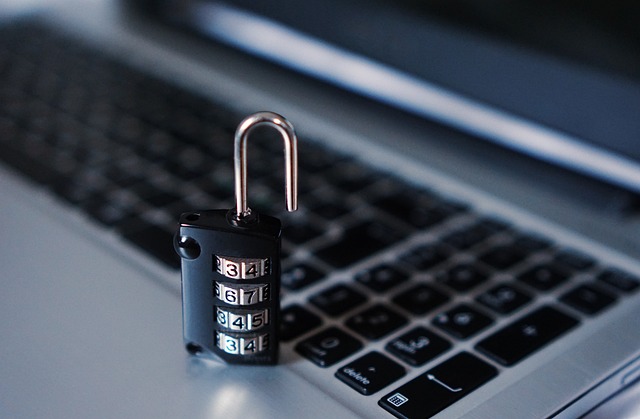
When a data breach occurs, your personal information, such as your name, address, social security number, or financial details, may be exposed to unauthorized individuals. This can lead to identity theft, fraud, or other harmful consequences.
If you suspect a data breach, it is essential to take immediate action. Notify the relevant authorities and organizations, change your passwords, monitor your accounts for any suspicious activities, and consider freezing your credit.
Stay vigilant and informed to protect yourself from the potential dangers of a data leak.
Common Types of Data Breaches
One of the most alarming types of data breaches is the notorious ransomware attack. In this type of data breach, hackers gain access to your personal data and encrypt it, demanding a ransom in exchange for its release.
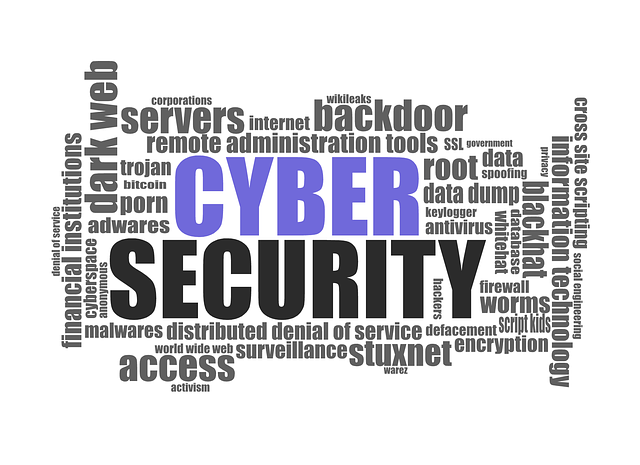
Another common type of data breach is a personal data breach, where an individual’s sensitive information is exposed or accessed without authorization. This can happen through various means, such as hacking, phishing, or physical theft.
A data leak is another form of data breach, where confidential information is accidentally or intentionally disclosed to unauthorized individuals or entities.
Lastly, a GDPR breach refers to a violation of the General Data Protection Regulation, which outlines rules and regulations for the protection of personal data within the European Union.
It is crucial to take immediate action and report any suspected data breach to mitigate the potential damage.

Signs of a Data Breach
If you suspect that your personal information may have been compromised in a data breach, there are several signs to look out for.
- First, you may receive a notification from companies or institutions informing you of the breach and providing instructions on what steps to take.
- Additionally, you should be vigilant for any unusual account activity, such as unauthorized logins or changes to your account settings.
- Finally, keep an eye out for signs of identity theft, such as receiving bills for unfamiliar accounts or noticing fraudulent transactions on your credit card statements.

Notification from Companies or Institutions
Upon receiving a notification from companies or institutions about a data breach, it’s crucial to promptly take action to safeguard your personal information. A data breach occurs when unauthorized individuals gain access to sensitive data, putting your personal information at risk.
In the event of a personal data breach or GDPR breach, companies or institutions are legally obligated to inform you about the incident. When you receive such a notification, it’s important to read it carefully and follow any instructions provided. Contact the company or institution if you have any questions or concerns.
Additionally, monitor your financial statements and credit reports for any suspicious activity. Consider changing your passwords and enable two-factor authentication for added security. Stay vigilant and take proactive steps to protect yourself from the potential consequences of a data breach.
Unusual Account Activity
When you notice unusual activity in your account, don’t ignore it – take immediate action to protect yourself and prevent any potential harm. Unusual account activity could be a sign that your personal data has been compromised in a data breach or data leak.

First, change your password immediately for the affected account and enable two-factor authentication if available.
Then, review your recent transactions and statements to identify any unauthorized charges or withdrawals.
Contact your financial institution or the company involved to report the incident and request further investigation.
It is also important to monitor your credit report regularly and consider placing a fraud alert or credit freeze to prevent any unauthorized access to your personal information.

Stay vigilant and follow these steps to minimize the impact of a personal data breach.
Identity Theft and Fraudulent Transactions
Identity theft and fraudulent transactions can wreak havoc on your financial well-being, so it’s crucial to stay alert and protect yourself from potential scams.
If you suspect that your personal data has been compromised in a data breach, it’s important to take immediate action.
First, contact the company or organization where the breach occurred to report the incident and inquire about any protective measures they have in place.
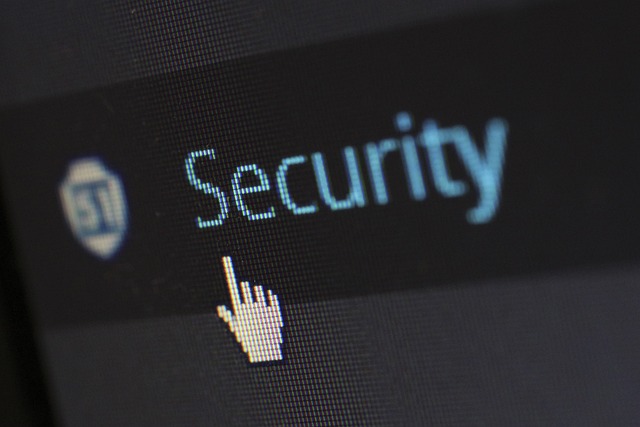
Next, monitor your financial accounts regularly for any unusual activity. If you notice any unauthorized transactions or suspicious behavior, notify your bank or credit card company immediately. They can help you freeze your accounts, cancel any fraudulent transactions, and provide guidance on further steps to take.
Additionally, consider placing a fraud alert on your credit report to prevent any unauthorized applications for credit in your name.
By being proactive and vigilant, you can minimize the impact of identity theft and protect yourself from potential financial harm.
Immediate Steps to Take
To address a data breach, there are three immediate steps you should take.

First, confirm the data breach by checking for any notifications or alerts from the affected company.
Next, change your passwords for all online accounts and enable multi-factor authentication (MFA) to add an extra layer of security.
Finally, closely monitor your financial and online accounts for any suspicious activity or unauthorized transactions.
Confirm the Data Breach
Confirming the data breach is crucial to ensure the authenticity of the breach notification. When you receive a notification about a data breach, it is important to take immediate action to protect your personal information.

Start by verifying the legitimacy of the breach. Check if the breach has been reported by trusted sources such as reputable news outlets or official statements from the affected organization. You can also use online resources like ‘Have I Been Pwned’ to confirm if your personal data has been compromised in any known breaches.
By confirming the data breach, you can determine the extent of the damage and take appropriate steps to safeguard your information.
Remember, staying vigilant and proactive is key in minimizing the potential harm caused by a personal data breach.
Change Passwords and Enable Multi-Factor Authentication (MFA)
Secure your accounts with an impenetrable fortress by fortifying your passwords and unleashing the power of multi-factor authentication (MFA).

In the wake of a data breach or personal data breach, changing passwords is an essential step to protect yourself. Start by changing the compromised password immediately, making sure to choose a strong, unique password that includes a combination of letters, numbers, and special characters. Avoid using common words or personal information that can be easily guessed.
Additionally, enable MFA whenever possible, which adds an extra layer of security by requiring multiple forms of verification to access your accounts. This can include a code sent to your phone or a fingerprint scan.
By implementing these measures, you can greatly reduce the risk of further data leakage or password data leaks.
Monitor Financial and Online Accounts
Now that you’ve taken the necessary step of changing passwords and enabling MFA, it’s important to stay vigilant and monitor your financial and online accounts.
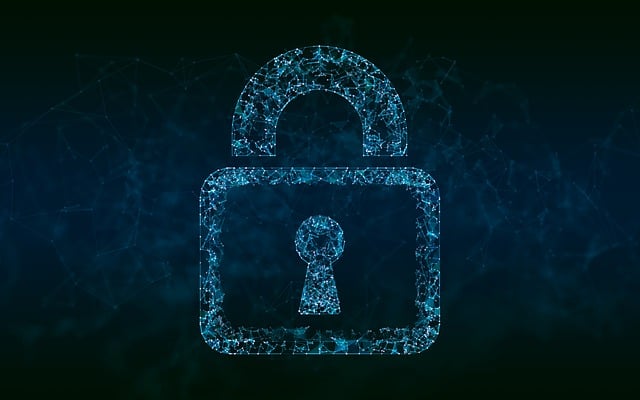
In the event of a data breach or personal data leak, monitoring your accounts can help you catch any suspicious activity early on. Keep a close eye on your bank statements, credit card transactions, and online purchases. Look out for any unauthorized charges or unfamiliar accounts.
Additionally, regularly review your online accounts, such as social media and email, for any signs of tampering or unauthorized access. If you notice anything unusual, report it immediately to your financial institution or the appropriate online service provider.
By actively monitoring your financial and online accounts, you can take proactive measures to protect yourself in the aftermath of a data breach.
Contacting Relevant Institutions
When your personal information is compromised and you need to take immediate action, there are two key institutions that you should contact: your financial institutions and the credit bureaus.

You should notify your bank, credit card companies, and any other financial institutions that you have accounts with, to let them know about the breach and take necessary steps to protect your accounts.
Additionally, it is important to inform the credit bureaus so that they can place a fraud alert on your credit report and monitor any suspicious activity.
Notify Financial Institutions
After discovering your personal information may have been compromised in a data breach, it’s important to promptly reach out to your financial institutions to report any potential fraudulent activities on your accounts.
Data breaches can lead to unauthorized access to your personal data, putting you at risk of identity theft and financial losses. To protect yourself, notify your financial institutions immediately.

Contact your bank, credit card companies, and any other financial institutions where you have accounts. Inform them about the data breach and provide any relevant details, such as the date of the breach and the type of information that may have been compromised.
This will allow them to monitor your accounts for any suspicious transactions and take necessary steps to prevent further unauthorized access. Remember, swift action is crucial in mitigating the potential damages caused by a personal data breach.
Inform Credit Bureaus
When it comes to protecting your personal information, it is crucial to take immediate action in the event of a data breach or personal data breach. One way to do this is by quickly informing the credit bureaus about the potential fraud on your accounts. By placing a credit freeze or fraud alert, you can mitigate the risk of further unauthorized access to your credit accounts. This is especially important because credit bureaus play a significant role in managing and reporting consumer credit information.
Informing the credit bureaus also aligns with consumer data protection laws and regulations, ensuring that your rights are protected. Time is of the essence when it comes to safeguarding your financial well-being, so remember to take action promptly to prevent any potential damage to your credit profile.

Reporting the Data Breach
If you believe your personal information has been compromised in a data breach, there are several steps you can take to report the incident.
- One option is to file a complaint with the Federal Trade Commission (FTC), which serves as a central hub for reporting identity theft and other fraudulent activities.
- Additionally, you may also consider contacting your local law enforcement agency to report the data breach and provide them with any relevant information.
Federal Trade Commission (FTC) Complaint
If your personal information has been compromised in a data breach, it’s important to take action and report it to the Federal Trade Commission (FTC). You definitely want to head over to the FTC’s website and file a complaint because they just love dealing with identity theft cases.

By filing a complaint, you are not only protecting yourself but also helping the FTC gather valuable information to combat identity theft. The FTC takes these matters seriously and investigates each complaint thoroughly. They work to hold companies accountable for data breaches and help victims recover from the aftermath.
When filing the complaint, provide as much detail as possible about the data breach and how your personal information was compromised. Remember, taking this step can make a difference in preventing future breaches and protecting others from falling victim to identity theft.
Local Law Enforcement
Engaging with local law enforcement authorities is a prudent course of action when addressing incidents of identity theft. If you become a victim of a data breach or personal data breach, it is important to report the incident to your local police.
Local law enforcement agencies have the expertise and resources to investigate these types of crimes and can help you navigate through the process of recovering your stolen information. They can also provide you with guidance on steps you can take to protect yourself from further harm, such as freezing your credit or changing your passwords.
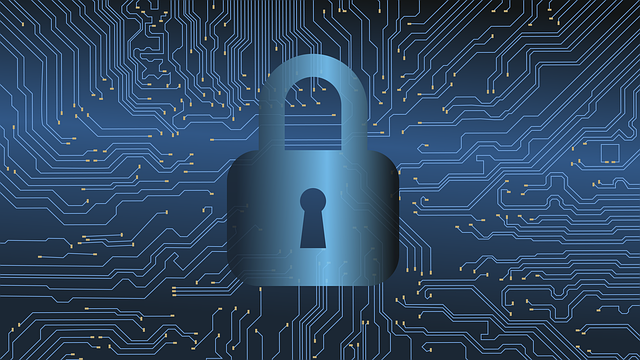
By reporting the data breach to local law enforcement, you not only take an important step towards resolving the issue, but you also contribute to the collective effort in combating data protection breaches.
Identity Theft Recovery
If you’ve become a victim of identity theft, there are two key steps you should take right away.
First, contact identity theft assistance services to get professional help in resolving the issue. They can guide you through the recovery process and provide valuable resources.
Second, create an identity theft report, which is crucial for documenting the crime and assisting law enforcement in their investigation. This report will also be necessary when dealing with creditors and financial institutions to prove that you are a victim of identity theft.
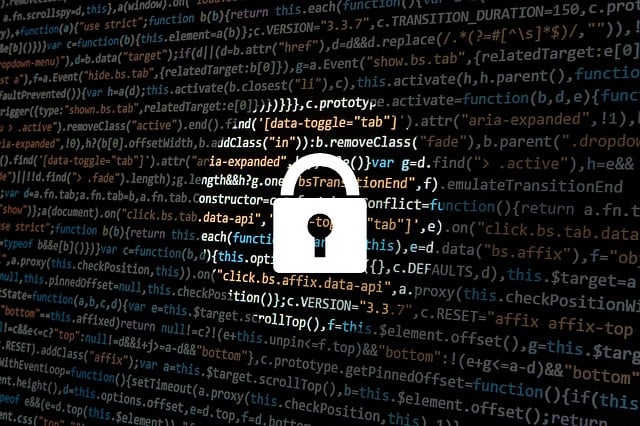
Contacting Identity Theft Assistance Services
When your personal information is compromised, it’s crucial to reach out to identity theft assistance services for immediate support and guidance. Data breaches can lead to severe consequences, and these specialized agencies are there to help you navigate through the aftermath.
By contacting identity theft assistance services, you can ensure that the necessary steps are taken to protect your personal information from further misuse. They will guide you on notifying the relevant authorities, freezing your credit, and monitoring your accounts for any fraudulent activity.
These services also offer assistance in disputing any unauthorized charges and restoring your identity. Remember, time is of the essence when dealing with identity theft, so don’t hesitate to contact the experts who can provide the necessary expertise to help you recover from this unfortunate situation.
Creating an Identity Theft Report
One crucial step in recovering from identity theft is creating an Identity Theft Report. This report serves as essential documentation for disputing unauthorized charges and restoring your identity.

If your personal information has been compromised in a data breach, it is important to take immediate action. Start by contacting the Federal Trade Commission (FTC) to file a complaint and create your Identity Theft Report.
This report will provide you with a detailed record of the theft and can be used as evidence when disputing fraudulent charges with creditors or when correcting inaccuracies on your credit report.
To create an Identity Theft Report, you will need to submit an identity theft affidavit, a police report, and any supporting documentation related to the theft.
By taking these steps, you can start the process of reclaiming your identity and minimizing the impact of the data breach.

Updating Security Measures
To enhance your passwords and security settings, make sure to use a combination of letters, numbers, and symbols. Avoid using easily guessable information like your name or birthdate.
Regularly monitor your online activity by checking your account statements and credit reports for any suspicious activity.
By taking these steps, you can strengthen your online security and reduce the risk of identity theft.
Enhancing Passwords and Security Settings
By strengthening your passwords and security settings, you can fortify your digital defenses and create an impenetrable fortress for your personal information.

In the wake of a data breach or personal data leak, enhancing your passwords and security settings becomes crucial. Start by creating strong, unique passwords for each of your online accounts, avoiding common phrases or easily guessable information. Utilize a mix of uppercase and lowercase letters, numbers, and special characters to make your passwords more secure.
Additionally, enable Multi-Factor Authentication (MFA) whenever possible, as this adds an extra layer of protection to your accounts. Regularly update your passwords and security settings to stay ahead of potential threats.
By taking these steps, you can greatly reduce the risk of your personal data falling victim to a password data leak or other security breach.
Regularly Monitoring Online Activity
Stay vigilant and regularly monitor your online activity to protect yourself against potential identity theft attempts. Studies have shown that over 14 million Americans fell victim to identity theft in the past year alone.
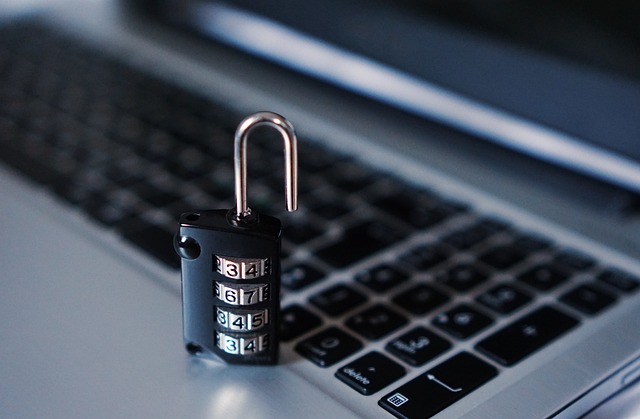
It is important to understand what a data breach, data leak, and security breach are to better safeguard your personal information. A data breach is an unauthorized access to sensitive data, while a data leak refers to when this information is exposed to the public. A security breach, on the other hand, encompasses any incident that compromises the security of personal data.
If a company experiences a data breach, they should promptly notify affected individuals, provide guidance on protecting their information, and offer credit monitoring services.
By staying vigilant and monitoring your online activity, you can better protect yourself from the consequences of a data breach.
Legal Rights and Recourse
If you find yourself in a situation where your personal information has been compromised, it’s important to understand your legal rights and recourse.
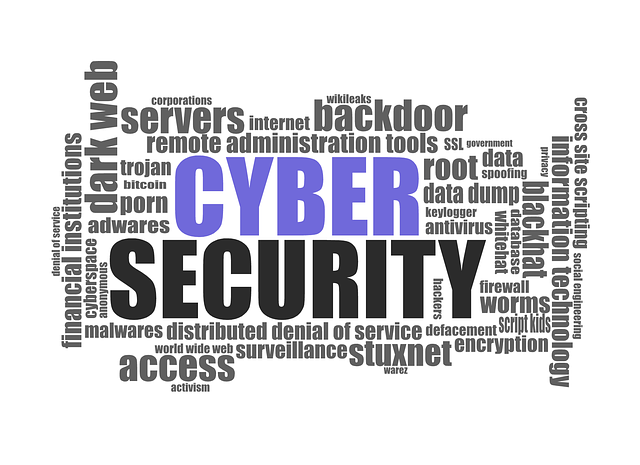
Take the time to familiarize yourself with consumer data protection laws that are in place to protect you.
If you’re unsure about your rights or need guidance on what steps to take, it may be beneficial to seek legal advice from a professional who specializes in privacy and data protection laws.
Understanding Consumer Data Protection Laws
Consumer Data Protection Laws ensure that your personal information is safeguarded and protected from any potential breaches or unauthorized access. These laws are designed to hold organizations accountable for the security and privacy of your personal data.
In the event of a data breach, these laws require organizations to notify you promptly and provide details about the breach, including the type of data compromised and the steps they are taking to mitigate the damage.

The breach of GDPR, which is the General Data Protection Regulation, and any other data protection breach can have serious consequences for organizations, including hefty fines and reputational damage. Therefore, these laws serve as a deterrent for organizations to prioritize data security and implement robust measures to protect your personal information.
By understanding your rights under consumer data protection laws, you can take appropriate actions to safeguard your personal data and seek recourse in case of a breach.
Seeking Legal Advice
One option for individuals who have experienced a data breach and had their personal information compromised is to consult with an attorney. Seeking legal advice can help you understand your rights and options.
An attorney can guide you through the process of filing a lawsuit against the responsible party, seeking compensation for any damages you may have suffered as a result of the breach. They can also assist you in navigating consumer data protection laws and regulations, ensuring that your rights are protected.

Additionally, they can help you communicate with the appropriate authorities and agencies, such as filing complaints with regulatory bodies or reporting the breach to law enforcement.
Consulting with an attorney can provide you with the necessary expertise and support to seek justice for the personal data breach you have experienced.
Preventive Measures for the Future
To prevent future data breaches, it’s important to regularly review your privacy settings and permissions. Take the time to go through your social media accounts, apps, and online platforms. Make sure you are only sharing necessary information and that your privacy settings are up to date.
Another important preventive measure is to be cautious with sharing personal information online. This is especially true on public platforms. Sharing too much personal information can make you more vulnerable to identity theft and scams.

Regularly Reviewing Privacy Settings and Permissions
Regularly reviewing privacy settings and permissions is crucial for maintaining control over personal information. It ensures that your data remains secure and protected from potential breaches. With the increasing number of data breaches, it is important to stay vigilant and regularly check privacy settings on various platforms and applications.
By reviewing privacy settings, you can minimize the risk of your personal data being compromised. Take the time to review the permissions granted to different apps and ensure they align with your preferences and needs. This step is especially important in preventing data leaks and privacy breaches.
Staying proactive and regularly reviewing privacy settings allows you to take the necessary steps to protect your personal information. It reduces the likelihood of falling victim to a data breach. By regularly reviewing privacy settings and permissions, you can have better control over your personal information, ensuring its security and protection.
Being Cautious with Personal Information Sharing
Caution! Carefully consider what you convey and conserve your confidential content.

When it comes to being cautious with personal information sharing, it is crucial to protect yourself from potential data breaches, personal data breaches, data leaks, or privacy breaches.
Take control by limiting the amount of personal information you share online and with third parties. Be mindful of the websites and apps you provide your information to, ensuring they have secure protocols in place.
Regularly review and update your privacy settings and permissions on social media platforms and other online accounts. Avoid oversharing personal details on public forums or with unknown individuals.
Remember, your personal data is valuable, and taking precautions now can help prevent future data breaches and protect your privacy.
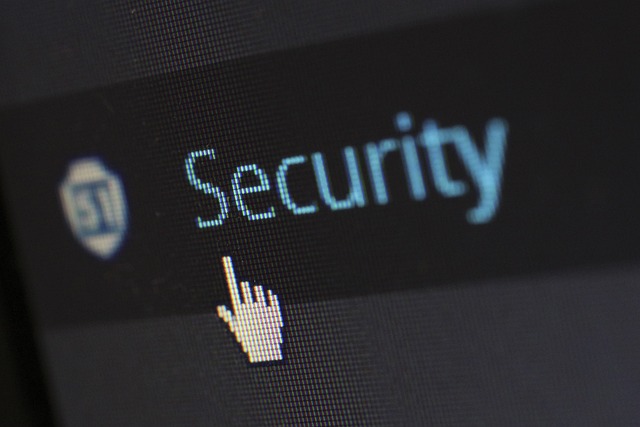
Learning from the Data Breach
To learn from a data breach, you need to focus on identifying vulnerabilities and improving security measures.
By conducting a thorough analysis of the breach, you can pinpoint the weak points in your system and take the necessary steps to strengthen them.
Additionally, it’s crucial to follow best practices such as regularly updating software, implementing strong access controls, and conducting employee training to prevent future incidents.
Identifying Vulnerabilities and Improving Security
Improving security starts with identifying vulnerabilities in order to protect your personal information from data breaches. It’s important to stay proactive and be aware of any potential weak points in your online presence.

Regularly update your devices and software to ensure you have the latest security patches and features. Keep an eye out for any suspicious emails or messages that may lead to a personal data breach. Be cautious with the information you share online and only provide it to trusted sources.
Implement strong passwords and enable two-factor authentication whenever possible. Regularly monitor your accounts and credit reports for any signs of a data leak or privacy breach. By taking these steps, you can significantly reduce the risk of falling victim to a data breach and better protect your personal information.
Following Best Practices to Prevent Future Incidents
One interesting statistic shows that implementing two-factor authentication can reduce the risk of unauthorized access to your accounts by 99%. By enabling this extra layer of security, you can significantly decrease the chances of a data breach or personal data leak.
It’s crucial to follow best practices to prevent future incidents and protect your personal information. Firstly, regularly update your passwords and use strong, unique ones for each account. Additionally, be cautious when sharing personal information online, only providing it on secure websites.

Regularly monitor your accounts for any suspicious activity and report any privacy breaches immediately. It’s also essential to stay informed about the latest security threats and educate yourself on how to safeguard your data.
By following these best practices, you can minimize the risk of falling victim to a data breach and ensure the safety of your personal information.
Recap
It is crucial to act swiftly and stay vigilant in protecting your personal information after a data breach. Whether it is a data leak, personal data breach, or a GDPR breach, the steps you take can greatly minimize the impact on your personal and financial well-being.
As soon as you become aware of the breach, immediately change your passwords and enable two-factor authentication whenever possible. Monitor your financial accounts for any suspicious activity and report it immediately. Be cautious of phishing attempts and avoid clicking on unfamiliar links or sharing personal information with unknown sources.

Regularly check your credit reports and consider placing a fraud alert or credit freeze to prevent unauthorized access. Stay updated on the latest security practices and educate yourself about data protection. Remember, being proactive is key in safeguarding your personal information.
Frequently Asked Questions
How can I find out if my personal information has been compromised in a data breach?
To find out if your personal information has been compromised in a data breach, you can use online services like Have I Been Pwned or Identity Leak Checker. Just enter your email or username and brace yourself for the shocking truth!
What are the potential consequences of a data breach for individuals?
The potential consequences of a data breach for individuals include identity theft, financial loss, damage to personal reputation, and emotional distress. It is important to take immediate action to mitigate these risks.
Can I be held responsible for any fraudulent activity that occurs as a result of a data breach?
You are not responsible for fraudulent activity resulting from a data breach. However, it’s important to report any suspicious activity immediately and take steps to protect your personal information to prevent further harm.
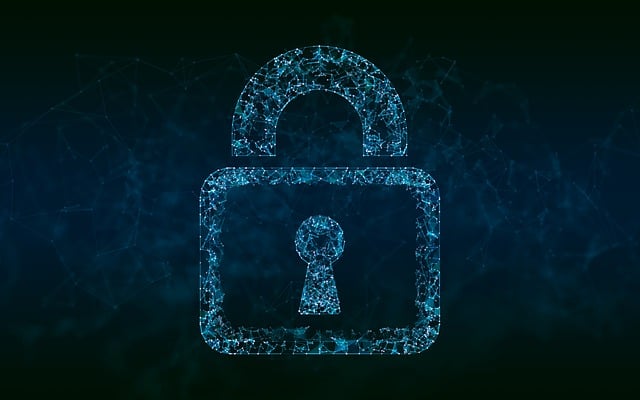
Are there any financial assistance programs available to help individuals recover from a data breach?
Yes, there are financial assistance programs available to help you recover from a data breach. These programs can provide funds to cover expenses related to identity theft, credit monitoring, and legal assistance.
How long does it typically take to resolve the issues caused by a data breach and regain control over my personal information?
It typically takes several weeks to months to resolve the issues caused by a data breach and regain control over your personal information. Stay vigilant, report any suspicious activities, and follow the necessary steps to protect yourself.
Conclusion
When your personal information is compromised in a data breach, your whole world crumbles. It’s like a tornado ripping through your life, leaving chaos and devastation in its wake.
But fear not, for there are steps you can take to rebuild and protect yourself. By taking immediate action, contacting the right institutions, knowing your legal rights, and learning from the breach, you can rise from the ashes stronger than ever before.

Don’t let the breach define you, let it fuel your determination to safeguard your personal information.
You might also like to read on these cybersecurity articles on Get Hitch
Cybersecurity for Small Businesses: Protecting Your Company from Cyber Threats
Secure File Sharing: Best Practices for Protecting Sensitive Data
” width=”20″ height=”20″>








